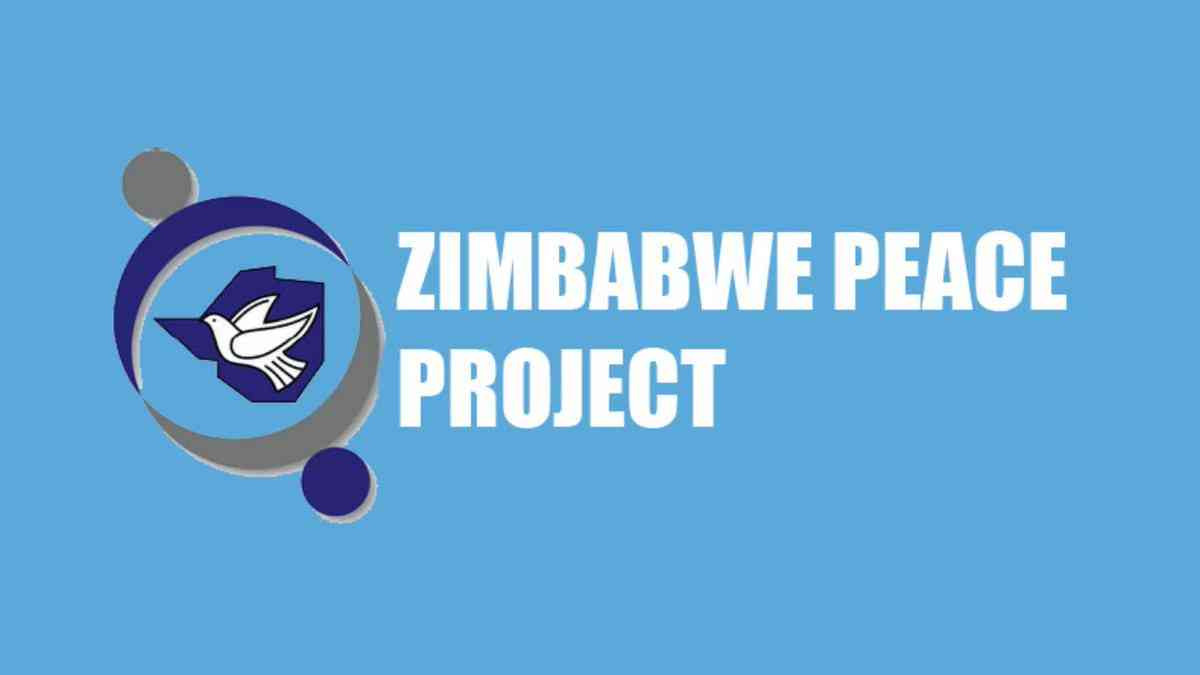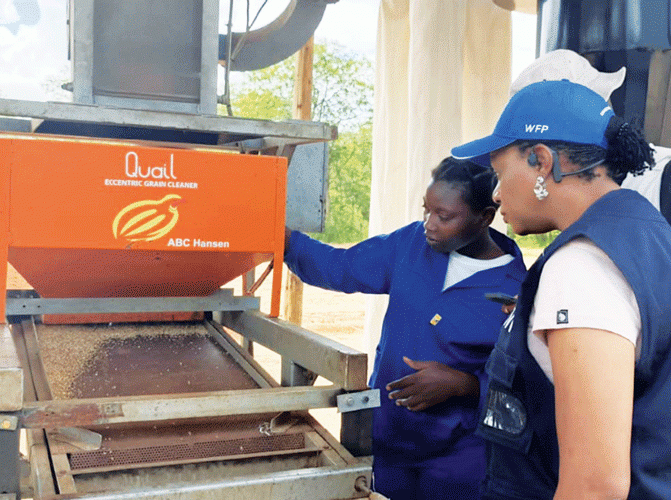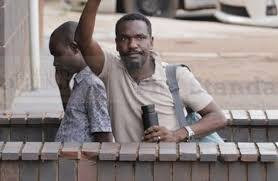
THE Zimbabwe Peace Project (ZPP) has expressed concern over the deteriorating political and civic space in Zimbabwe as evidenced by the arrest of human rights and political activists.
Since 2022, several activists have been arrested and experienced various challenges including bail denial, torture including violation of basic human rights and detention for longer periods without trial.
In a statement, ZPP said it was concerned about the human rights violations on citizens.
“The Zimbabwe Peace Project is gravely concerned whenever human rights are violated against citizens, more so when State institutions or individuals seemingly acting on behalf of the State are the perpetrators.
“It defeats the trust the citizens have in the State and in the Constitution, which is premised on the fundamental freedoms of people,” it said.
ZPP said this was not aligning with fundamental human rights enshrined in the Constitution because section 44 stated clearly that everyone, including the State, has a duty to respect human rights and freedoms.
Between January and September 2024, ZPP documented a total of 1 517 human rights violations across the country.
This year in a period of two months the organisation recorded 411 human rights violations and the majority of them were unjustified arrests and denial of justice for over 200 citizens.
- Letters: PWDs remain susceptible to abuse
- Letters: Human rights violations continue to surge
- Human rights violations continue across Zimbabwe
- Zanu PF flagged for human rights violations, again
Keep Reading
“Gross violations such as torture, abductions, assault and intimidation were committed, including on human rights defenders as an attempt to unjustly silence voices of dissent ahead of the Sadc summit in August.
“This is never commended. Zimbabweans must be united in promoting and upholding human rights across all political divides and in all sectors,” ZPP said.
It said the human rights situation in Zimbabwe could improve through strict implementation of the law and upholding of the Constitution.
It recommended the ending of impunity, where a person who carries out a harmful, illegal or immoral act is shielded from facing justice.
“Where perpetrators are not shielded from facing justice it can help to reduce the committing of gross human rights violations by individuals and institutions because everyone knows they will face the consequences.
“This can be achieved by investigating all cases of reported human rights violations and perpetrators brought to book. We must also ensure that all citizens have unfettered access to institutions that accord them justice as well as protection mechanisms,” ZPP said.











